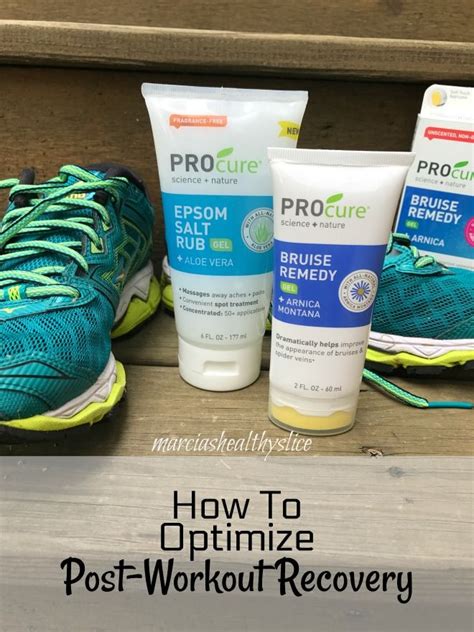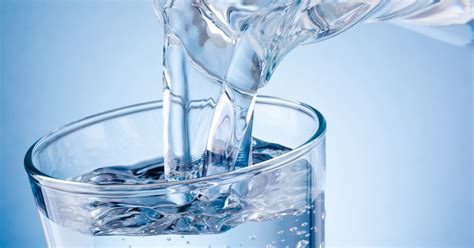Optimize post-workout recovery for rapid strength gains & peak performance?

The Crucial Role of Post-Workout Recovery
After pushing your body through a strenuous workout, the real magic of muscle growth and strength adaptation doesn’t happen during the lift; it happens afterward, during recovery. Ignoring this critical phase is like planting a seed and forgetting to water it – you simply won’t reap the full benefits. Optimal post-workout recovery is not just about resting; it’s a strategic process involving multiple facets that work in synergy to repair muscle tissue, replenish energy stores, adapt to new demands, and prepare your body for the next challenge.
Many athletes and fitness enthusiasts focus intently on their training regimens but neglect the equally important recovery protocols. This oversight can lead to plateaus, increased risk of injury, chronic fatigue, and ultimately, a halt in progress. To truly achieve rapid strength gains and sustain peak performance, a holistic approach to recovery is non-negotiable.
Immediate Post-Workout Nutrition: The Anabolic Window
The period immediately following a workout is often referred to as the “anabolic window,” a prime time when your muscles are highly receptive to nutrient uptake. Consuming the right macronutrients during this phase is crucial for kickstarting the repair process and glycogen replenishment.
Prioritize a combination of high-quality protein and carbohydrates. Protein provides the amino acids necessary for muscle protein synthesis (MPS), which is the process of repairing damaged muscle fibers and building new ones. Aim for 20-40 grams of protein, ideally from sources like whey protein, lean meats, or eggs. Carbohydrates are essential for refilling depleted glycogen stores, which are your body’s primary fuel source. Around 0.5-0.7 grams per pound of body weight of fast-acting carbs like bananas, rice, or sports drinks can be highly beneficial.

Prioritizing Quality Sleep for Hormonal Balance
Sleep is arguably the most powerful recovery tool at your disposal. During deep sleep stages, your body releases human growth hormone (HGH), which is vital for muscle repair, growth, and fat metabolism. Insufficient sleep can elevate cortisol levels, a stress hormone that can break down muscle tissue and hinder recovery, while simultaneously suppressing testosterone and HGH.
Aim for 7-9 hours of uninterrupted, quality sleep each night. Establish a consistent sleep schedule, create a dark and cool sleep environment, and avoid screens before bed to optimize your body’s natural recovery processes. A well-rested body is a body primed for performance and growth.
Active Recovery & Mobility: Beyond Rest
While passive rest is important, incorporating active recovery and mobility work can significantly enhance blood flow, reduce muscle soreness, and improve range of motion. Active recovery involves light, low-intensity exercise that helps flush metabolic waste products from your muscles without adding further stress.
Examples include a leisurely walk, light cycling, or swimming. Mobility work, such as stretching, foam rolling, and dynamic movements, can help maintain joint health, improve flexibility, and prevent stiffness. Dedicate 10-15 minutes to these activities on off days or after intense workouts to aid recovery and injury prevention.

Hydration and Electrolyte Replenishment
Water constitutes a significant portion of your body weight and plays a crucial role in almost every bodily function, including nutrient transport, temperature regulation, and joint lubrication. Dehydration, even mild, can significantly impair performance and slow down recovery processes.
During intense workouts, you lose fluids and essential electrolytes through sweat. Replenishing these is vital. Drink plenty of water throughout the day, not just during and after your workout. Consider electrolyte-rich beverages or adding a pinch of sea salt to your water if your training is particularly long or intense, to ensure optimal cellular function and muscle contraction.

Stress Management and Mental Well-being
Physical stress from training is necessary for adaptation, but chronic psychological stress can severely impede recovery. Elevated cortisol levels due to mental stress can counteract the anabolic effects of your training, leading to muscle breakdown, impaired sleep, and reduced immunity.
Incorporate stress-reducing practices into your daily routine. This could include mindfulness meditation, deep breathing exercises, spending time in nature, or engaging in hobbies you enjoy. A calm and focused mind supports a resilient body, creating an optimal internal environment for recovery and growth.
Strategic Supplementation (Optional but Helpful)
While a whole-food diet, proper sleep, and hydration form the foundation of recovery, certain supplements can offer an additional edge. Creatine monohydrate is widely researched and proven to enhance strength, power, and muscle mass by aiding ATP regeneration. Branch-chained amino acids (BCAAs) or essential amino acids (EAAs) can support muscle protein synthesis and reduce muscle soreness, especially during calorie deficits.
Other beneficial supplements might include Omega-3 fatty acids for their anti-inflammatory properties, or magnesium for its role in muscle function and sleep quality. Always consult with a healthcare professional or a registered dietitian before introducing new supplements to your regimen.

Conclusion: Consistency is Key
Optimizing post-workout recovery is a comprehensive endeavor that requires attention to nutrition, sleep, active recovery, hydration, and stress management. Each element plays a vital role in accelerating strength gains, preventing overtraining, and ensuring you can consistently perform at your peak. By embracing these recovery strategies not as optional add-ons but as integral components of your training philosophy, you’ll unlock your full potential and achieve sustained progress towards your fitness goals.







